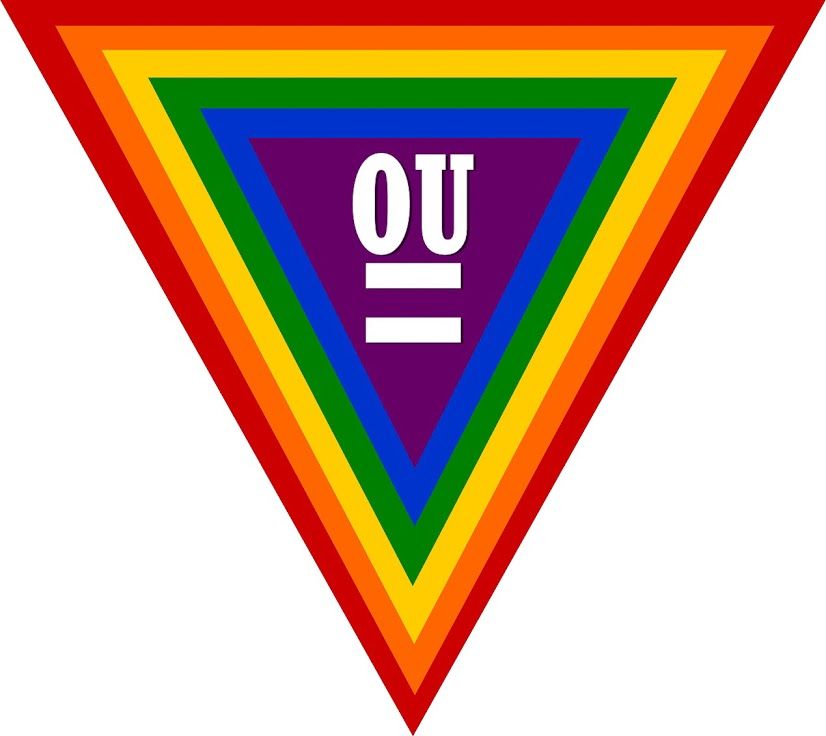Creating social awareness and respect with Queer Peers
Society is harkening a new civil rights movement.
Recently, publicity surrounding popular media figures such as celebrity personality Caitlyn Jenner and actress Laverne Cox has increased awareness of those who do not fit into a normalized heterosexual orientation.
As society begins to hopefully embrace this shift, Oakland’s own Gender and Sexuality Center is making strides to include and encourage these minority members in their transition to college life through their Queer Peers Mentoring Program.
First of all, for those who do not know the acronym LGBTIQA, when broken down, means lesbian, gay, bi-sexual, transgender, intersex, queer (or questioning), and asexual.
The Gender and Sexuality Center focuses on the LGBTIQA community as well as the women of Oakland University. As seen on the GSC’s Oakland University website, the center hosts various events including, but not limited to: Take Back the Night, the Vagina Monologues, National Coming Out Day, and Pride Week.
Grace Wojcik, MPA Coordinator, Gender and Sexuality Center & Center for Student Activities & Leadership Development, sat down for an interview to discuss the Queer Peers Mentoring Program and its effect on Oakland University students and staff.
Wojcik explained that the Queer Peers program was created in 2008 under the name of LGBT Peer Mentoring. Wojcik stated that the program “was the first of its kind in the state of Michigan”, encouraging the LGBT community within university life. She went on to explain that mentors are paired with “mentees” with between three to five pairs per year since its creation.
Mentors meet with their respective students at least once a month (though more face-to-face interactions are encouraged) working through various modules in the Queer Peers workbook, including “getting to know you” supplements.
These supplements are a module concerning coming out and the process that goes along with that, resources for these students, as well as modules to foster academics through goal setting, etc. Mentors within the program stick with their pairing throughout the academic year, and it has fostered personal, relational, and academic growth for participants.
Wojcik expanded upon how the program benefits not just the LGBTIQA Oakland community, but the greater student body. She explained that the program “fosters leadership” to its participants, who “have gone on to take on different leadership roles on campus.”
The program also creates greater social awareness and respect for our fellow students. While heterosexual people cannot be mentors because firsthand experience with the coming out process is crucial to the program, they can be trained as Allies and attend S.A.F.E. training on campus. This is done to bolster greater open-mindedness and inspire further social change.
Students can also attend any of the numerous social events that the GSC holds as mentioned above and check out the organization’s Facebook page at https://www.facebook.com/GSCatOU. Those interested in applying to be either a mentor or to be mentored can find applications on the GSC’s GrizzOrgs page.












